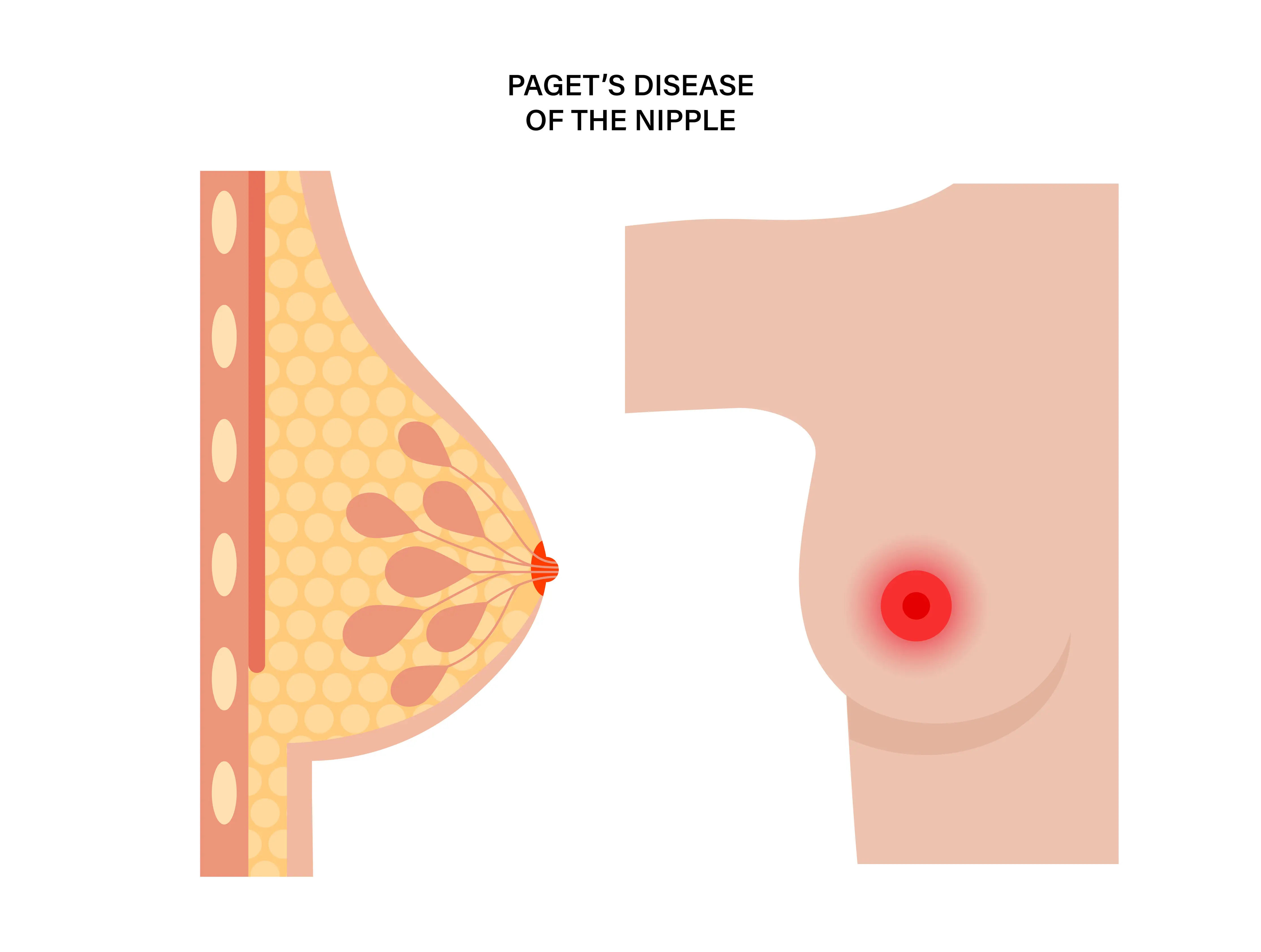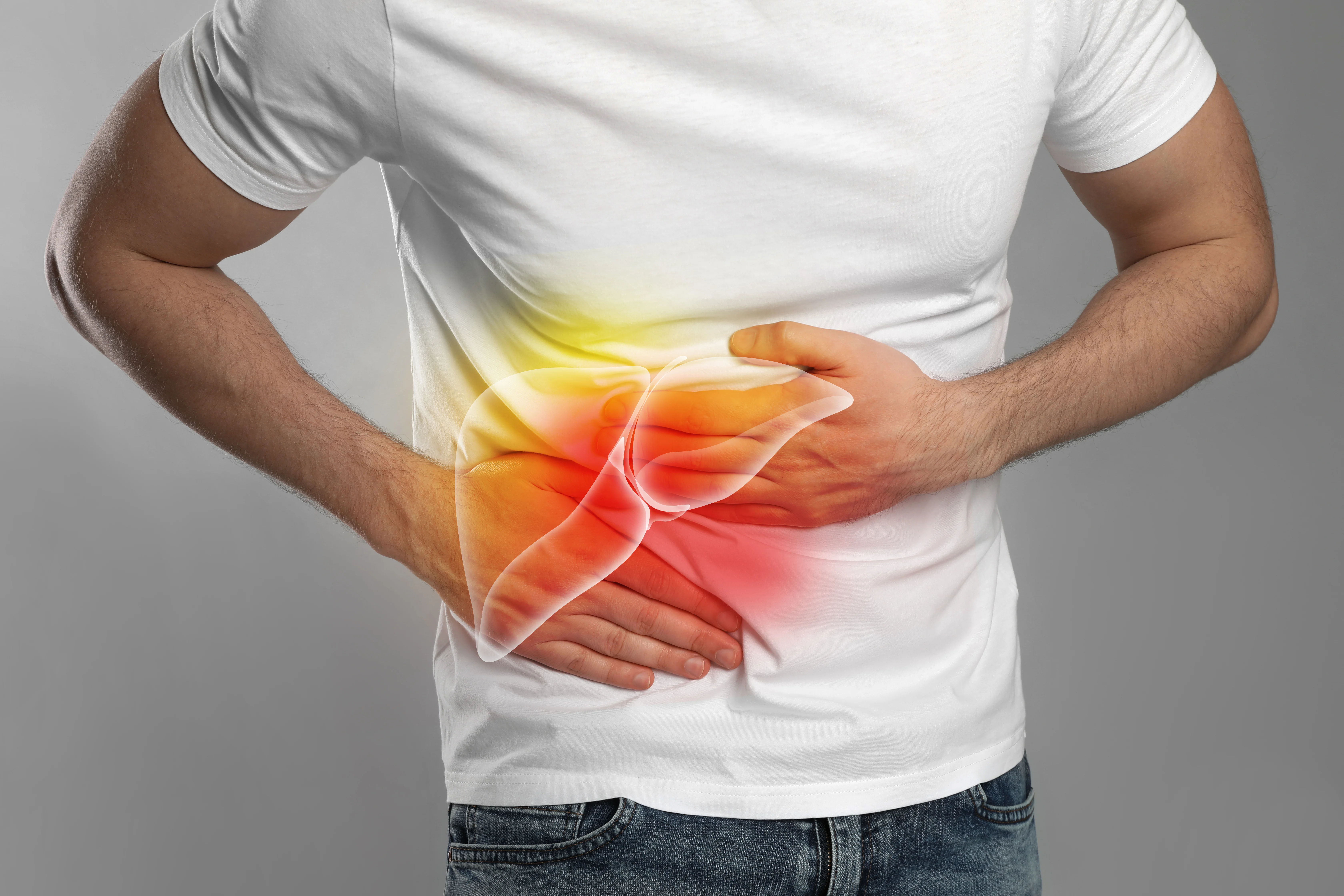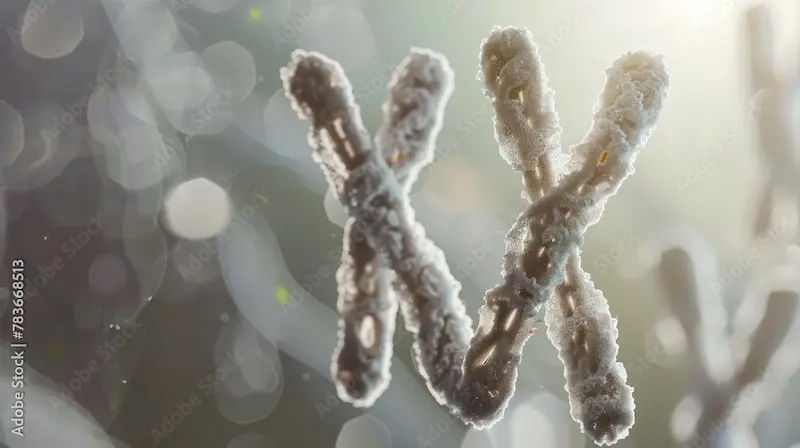- Female
- 33 Years
- 23/01/2025
I'm really struggling to understand why I'm not getting pregnant after trying for the last 6 months. I've already got a 6-year-old son and was told I have PCOS. Since December 2015, my periods have been delayed by 2 to 3 months, and even though all my test reports came back normal, I haven't been able to conceive. Last cycle, I did follicular monitoring, and my egg ruptured, but I'm still not having any success. What else could be going on, and what should I try next?
Answered by 1 Apollo Doctors
It's understandable that trying to conceive with PCOS can be challenging, especially when your periods are irregular. Since your follicular monitoring showed a ruptured egg, it indicates ovulation is happening, but there might be other factors influencing conception. Continue working closely with your fertility specialist for the best approach moving forward.
Dr. Mubarak Suggests...
Consult a Endocrinologist
Answered 04/07/2025
0
0

More Endocrinology Health Queries
View allI've just found out my Vitamin D3 level is really low, like 8.5, and I know it's supposed to be over 30. Is there any natural way to boost it without having to rely on tablets?
Acidity and bloating can be uncomfortable. _Causes:_ 1. _Poor digestion_: Inadequate digestion can lead to acidity and bloating. 2. _Food triggers_: Consuming spicy, fatty, or citrusy foods can exacerbate acidity. 3. _Lifestyle factors_: Stress, irregular eating habits, and lack of exercise can contribute to acidity. _Solutions:_ 1. _Dietary changes_: - Eat smaller, frequent meals - Avoid trigger foods (spicy, fatty, citrusy) - Incorporate alkaline-rich foods (fruits, vegetables, whole grains) 2. _Digestive enzymes_: Consider taking digestive enzyme supplements to support protein, carbohydrate, and fat digestion. 3. _Probiotics_: Add probiotics to your diet to promote a healthy gut microbiome. 4. _Stay hydrated_: Drink plenty of water throughout the day. 5. _Manage stress_: Engage in stress-reducing activities like yoga, meditation, or deep breathing exercises. 6. _Exercise regularly_: Regular physical activity can help improve digestion and reduce acidity. _Quick relief:_ 1. _Ginger_: Try ginger tea, ginger ale, or ginger candies to help alleviate acidity. 2. _Aloe vera juice_: Drink aloe vera juice to help soothe the stomach and reduce acidity. 3. _Antacids_: If you experience severe acidity, consider taking antacids like Tums, Rolaids, or Mylanta.
Answered by 1 Apollo Doctors
Are eggs high in estrogen?
No
Answered by 1 Apollo Doctors
I'm really worried about my thyroid test results. My TSH is at 2.5 and T3 is at 1.5, but my T4 level is pretty high at 17.2. Does this mean there might be a problem with conceiving?
I understand your concern for your mother's recurring mouth ulcers. Considering her condition, it's essential to consult a specialist, such as an oral pathologist or an oral medicine expert. Possible underlying causes: - Autoimmune disorders (e.g., lichen planus) - Nutritional deficiencies (e.g., vitamin B12) - Chronic stress - Hormonal imbalances Advanced treatments: - Biopsy to determine the underlying cause - Immunosuppressive medications - Laser therapy - Natural remedies like aloe vera, turmeric, or coconut oil Don't lose hope; a proper diagnosis and personalized treatment plan can help manage her condition.
Answered by 1 Apollo Doctors
Disclaimer: Answers on Apollo 247 are not intended to replace your doctor advice. Always seek help of a professional doctor in case of an medical emergency or ailment.




